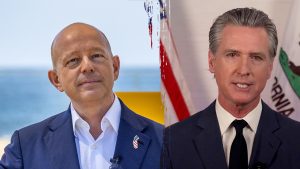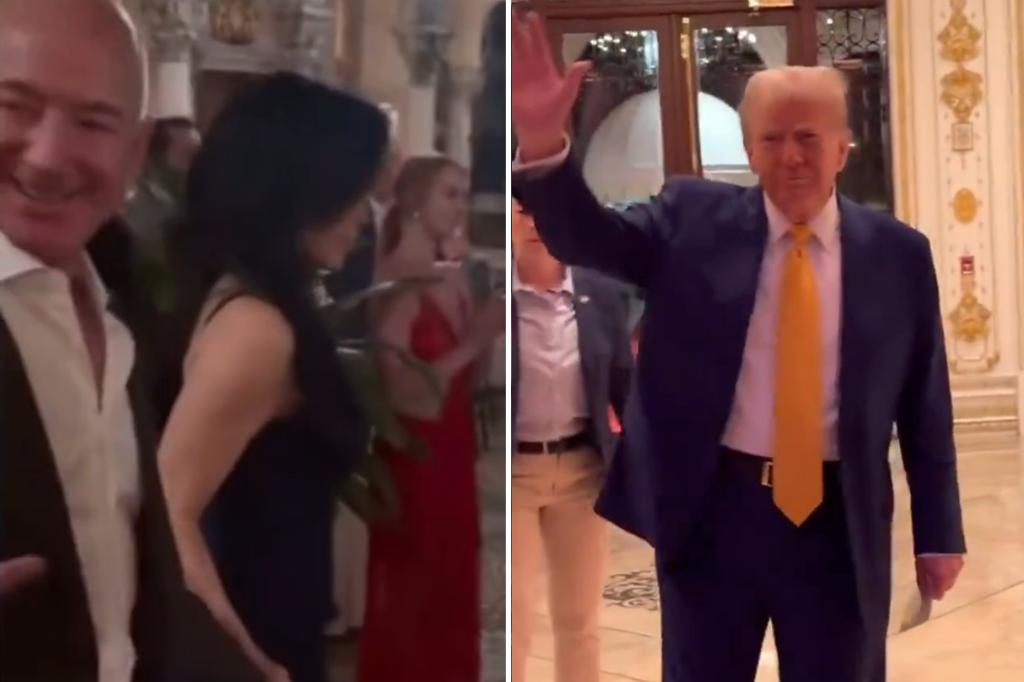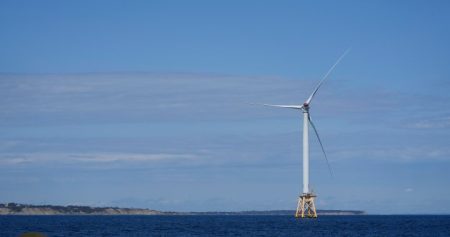The recent dinner meeting between Amazon founder Jeff Bezos and President-elect Donald Trump at Mar-a-Lago signifies a potential shift in the often-turbulent relationship between the tech giant and the soon-to-be 47th president. Bezos, accompanied by his fiancée Lauren Sanchez, attended the dinner, marking their first such meeting since Trump’s re-election victory. This encounter, anticipated by Trump himself, underscores the broader trend of tech executives seeking to establish favorable connections with the incoming administration. Bezos’s reported $1 million contribution to Trump’s inaugural fund, as reported by the Wall Street Journal, further emphasizes his interest in fostering a positive working relationship. This meeting represents a fascinating development given the historically complex dynamic between the two figures.
The historically strained relationship between Trump and Bezos appears to be thawing, particularly after the Washington Post, owned by Bezos, refrained from endorsing any candidate in the 2024 election. This departure from the newspaper’s traditional support for Democratic candidates seems to have played a role in easing tensions. Bezos has publicly expressed optimism about Trump’s second term, highlighting the president-elect’s apparent focus on deregulation. During an interview at The New York Times’ DealBook Summit, Bezos stated his willingness to support Trump in this endeavor, citing his belief in the excessive regulatory burden on businesses in the United States. This alignment of interests, coupled with the Washington Post’s neutral stance, has created an opportune moment for rapprochement.
President-elect Trump has also signaled his desire to rebuild bridges with business leaders, including those in the tech industry. Following his recognition as Time magazine’s “Person of the Year” and his appearance at the New York Stock Exchange, Trump expressed his interest in gathering ideas from business leaders and fostering their success. This open posture suggests a potential shift in Trump’s approach towards the tech sector, possibly moving away from the confrontational stance observed during his first term. The convergence of Trump’s desire for business input and Bezos’s interest in deregulation creates fertile ground for collaboration.
The overture from Bezos is not an isolated incident. Other prominent figures in the tech world are also seeking to establish connections with the incoming administration. OpenAI CEO Sam Altman, mirroring Bezos’s gesture, is reportedly planning a $1 million donation to Trump’s inaugural fund. TikTok CEO Shou Zi Chew also held a meeting with the president-elect, further illustrating the tech industry’s proactive engagement with the incoming administration. These actions suggest a broader trend of tech leaders seeking to influence policy decisions and ensure their interests are considered during Trump’s second term.
Elon Musk, another influential figure in the tech sphere, has become increasingly involved in Trump’s re-election and transition efforts. His recent urging of Republicans to reject a spending bill laden with Democratic provisions highlights his growing influence within the political landscape. Musk’s active participation in political discourse and his close association with the Trump camp further underscore the intertwining of tech and politics in the current era. This convergence of interests and influence raises important questions about the future of tech policy under the Trump administration.
The flurry of interactions between tech leaders and the president-elect suggests a concerted effort by the industry to secure a favorable position within the incoming administration. Whether motivated by a genuine desire to collaborate on policy issues, a pragmatic need to navigate the political landscape, or a combination of both, these engagements signal a new chapter in the relationship between the tech industry and the Trump presidency. The long-term implications of this renewed engagement remain to be seen, but it undoubtedly sets the stage for a potentially transformative period in tech policy and regulation. The convergence of interests between deregulation-minded tech leaders and a president focused on economic growth could reshape the regulatory landscape and influence the future trajectory of technological innovation.










